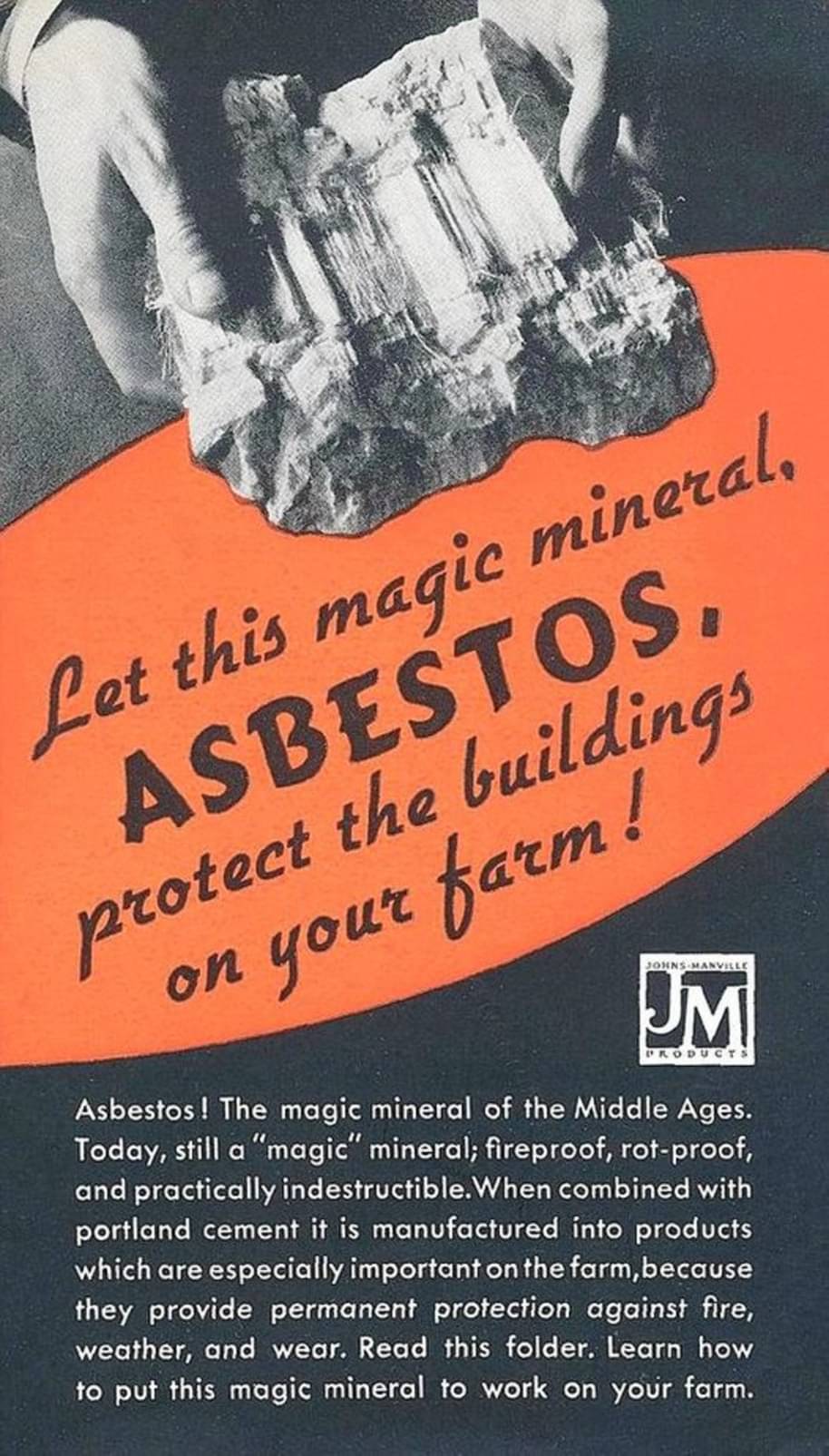this post was submitted on 16 Oct 2024
720 points (99.7% liked)
Science Memes
11021 readers
3431 users here now
Welcome to c/science_memes @ Mander.xyz!
A place for majestic STEMLORD peacocking, as well as memes about the realities of working in a lab.

Rules
- Don't throw mud. Behave like an intellectual and remember the human.
- Keep it rooted (on topic).
- No spam.
- Infographics welcome, get schooled.
This is a science community. We use the Dawkins definition of meme.
Research Committee
Other Mander Communities
Science and Research
Biology and Life Sciences
- [email protected]
- [email protected]
- [email protected]
- [email protected]
- [email protected]
- [email protected]
- [email protected]
- [email protected]
- [email protected]
- [email protected]
- [email protected]
- [email protected]
- [email protected]
- [email protected]
- [email protected]
- [email protected]
- [email protected]
- [email protected]
- [email protected]
- [email protected]
- [email protected]
- [email protected]
- [email protected]
- [email protected]
- !reptiles and [email protected]
Physical Sciences
- [email protected]
- [email protected]
- [email protected]
- [email protected]
- [email protected]
- [email protected]
- [email protected]
- [email protected]
- [email protected]
Humanities and Social Sciences
Practical and Applied Sciences
- !exercise-and [email protected]
- [email protected]
- !self [email protected]
- [email protected]
- [email protected]
- [email protected]
Memes
Miscellaneous
founded 2 years ago
MODERATORS
you are viewing a single comment's thread
view the rest of the comments
view the rest of the comments

That and lead in paint and gasoline all worked amazingly.
Lead in gasoline was a stop-gap solution. If I remember correctly , it was added because we didn't have the technology at the time to refine gas sufficiently to get the octane levels necessary to prevent pre-ignition of fuel (which causes rod knock) at a reasonable cost. Tetraethyl lead effectively increased the octane level/resistance to pre-ignition. As a side benefit, the lead slightly lubricated the valves and valve seats so that they lasted for tens of thousands of miles, instead of needing to be reground every few thousand miles.
It was a stupid stop-gap though, esp. since the dangers of lead were well known by then.
You're mostly correct. It was an additive to raise the octane rating and did lubricate. However, it wasn't a gas refinement issue that caused the need. An octane boosting additive has been needed ever since, right up to today. Now the octane booster used is ethanol, mostly.
Race cars and many airplanes still use lead. We're still making people dumber. Just at a lesser scale.
You can absolutely get high octane ethanol-free gas; there's a place near me that sells it. I know that a lot of people with motorcycles use it, because inline four cylinder motorcycle engines tend to be high compression, and motorcycle people tend to be almost religious about not using ethanol. (Which is unnecessary; assuming your motorcycle is fuel injected, the only risk with ethanol is storage for several months at a time with a full tank of gas. If you do that, then you're going to end up with water in your gas, because ethanol is hygroscopic. As long as you keep riding regularly, or empty your tank and run the motor dry before storing it for more than a month, you'll be fine with ethanol in your gas.) I know of at least once place near-ish to me that sells 110 octane ethanol- and lead-free racing gas. Ethanol-free high octane fuels tend to be about 25-50% more expensive than fuels with ethanol.
Avgas is another story. The odds are pretty good from what I can tell that any prop airplane is going to need gas with tetraethyl lead. To me, that sounds like a good reason to remove them all from service in favor of jets, but I think that jets have a higher stall speed, which can be a problem, esp. in backwoods areas.
(Jet-a and jet-a1 are kerosene derivatives, and don't have lead.)
Ethanol free gas doesn't mean there aren't any no knock additives. There's several more things besides Ethanol that can be added to gasoline that will increase the octane. Strictly speaking, "gasoline" isn't even one exact formulation.
Short of it is that ethanol free gas just means it's using something else to boost the octane.